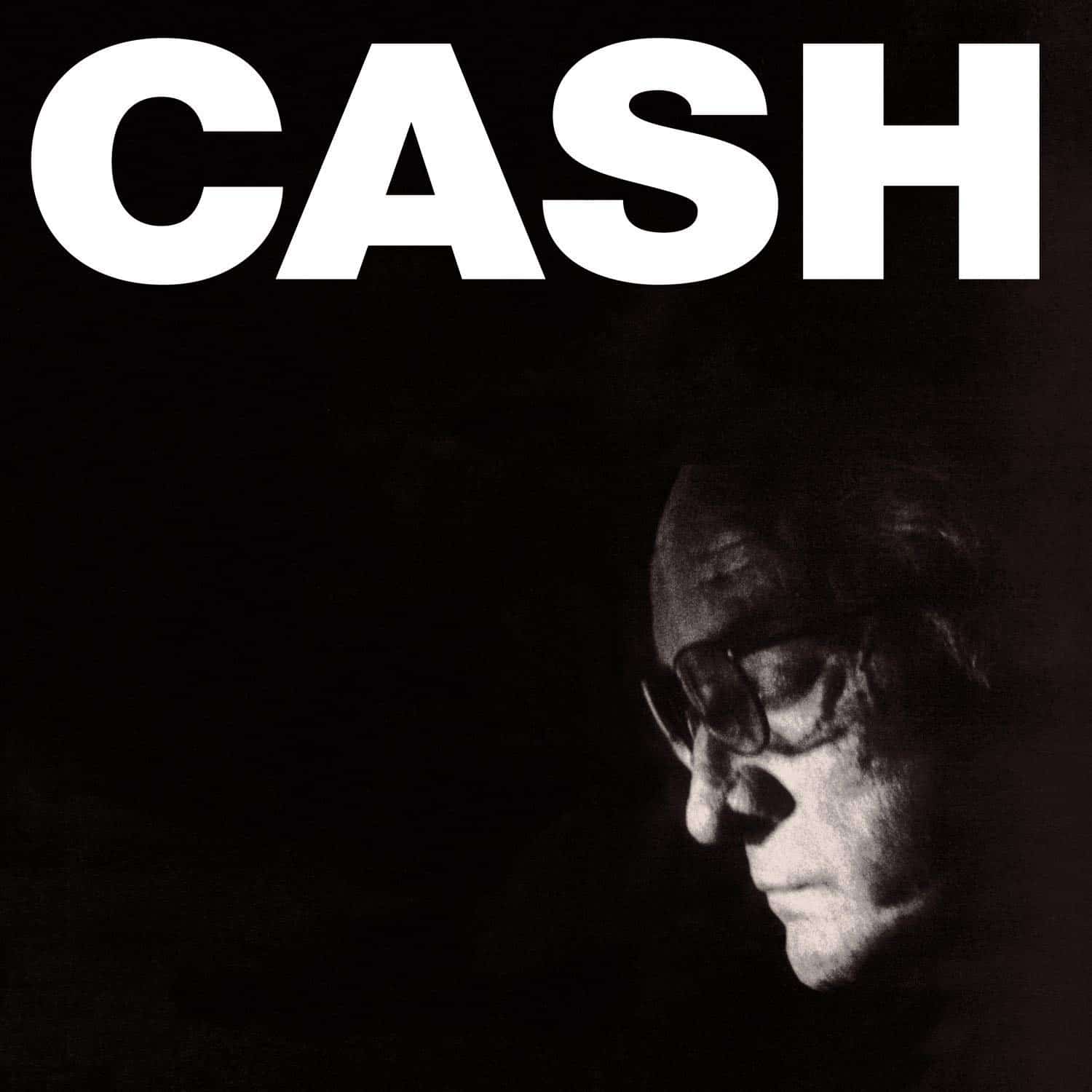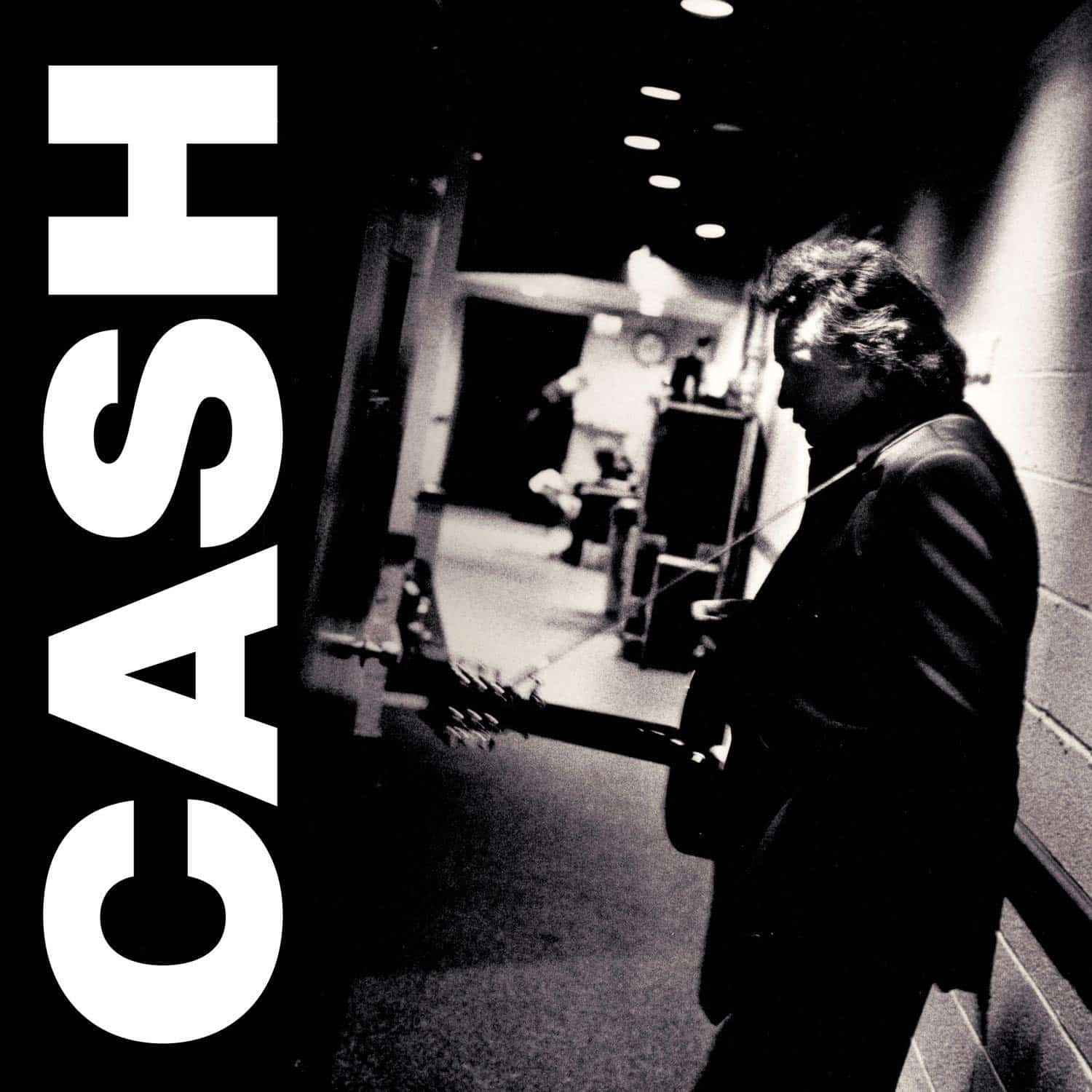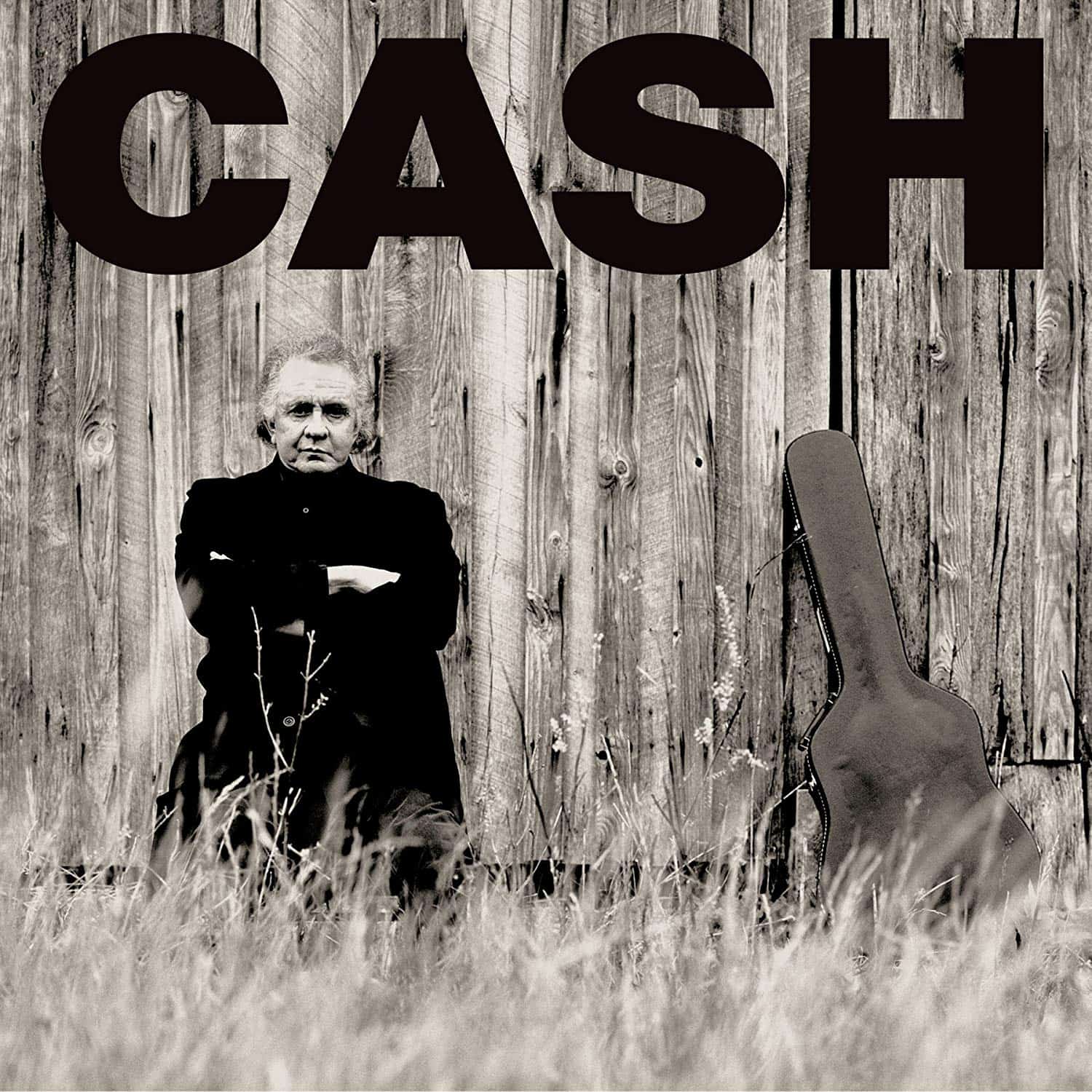Marketplace
2014 American Recordings PRESSING
- Catalog Number B0019195-01
- Release Year 2014
- Vinyl Mastering Engineer Chris Bellman
- Pressing Weight 180g
- Vinyl Color Black
- Jacket Style Single
- Pressing Plant QRP
- Original Release Year 1994
- Original Label American Recordings
- Original Catalog Number 9 45520-1
When listening to this album I think of this band or music:
The thrill of seeing Johnny Cash, alone with an acoustic guitar, at South by Southwest in Austin, Texas, just after this record was released—and watching the mouths of indie-rock fans drop wide open. He was obviously the real thing!
I would listen to this album while:
Doing absolutely anything, dressing in black. Cash’s wonderous voice goes with any activity.
Music from this album would be a great soundtrack to this movie:
Star Wars! No, just joking. Any documentary about the rural south. Or how about the yet-to-be-made film on what may well be Rick Rubin’s greatest success as a producer.
In 1986, Columbia Records unceremoniously dropped Johnny Cash, once one of the label’s brightest stars. The relationship, which began in the mid-1950s, had run out of ideas and suffered from sagging sales figures. Cash then signed a new contract with Mercury Records. Unfortunately, in the ensuing years, he and his new label encountered stylistic differences—reportedly because Cash wanted to simplify his sound and the imprint wanted big arrangements and rockabilly beats. And so by 1992 he was off Mercury as well. Instead of fading away or becoming an oldies act, Cash was sought out and signed by producer Rick Rubin to his label, formerly called Def American, but at the time recently renamed American Recordings.
Rubin bet that by stripping Cash’s gifts down to just his rich, sagacious voice and acoustic guitar—and adding a carefully selected repertoire of originals and improbable covers—the indie-rock crowd would come to appreciate Cash’s innate cool. Two tracks from American Recordings, “Tennessee Stud” and “The Man Who Couldn’t Cry,” recorded live at the Viper Room, then owned by Johnny Depp, confirm Rubin’s suspicions were correct. Even “Tennessee Stud”—a tune despised by folkies who’ve incessantly heard it requested throughout their careers—gets a rousing burst of applause. American Recordingsbecame an event in every sense, reviving Cash’s career and burnishing Rubin’s Svengali credentials. While some older fans reacted negatively to Cash abandoning his signature “Tennessee Two” beat, the album stirred an unexpected third act to Cash’s long career—a phase that lasted for another five albums with Rubin and American Recordings.
Several early decisions carried through all six Cash/Rubin albums make all of them compelling listening experiences and, arguably, the purest expressions of Cash’s vocal mastery. First, his vocals (digitally recorded on all the Cash/Rubin efforts) always occupy the center of everything. They’re close-miked and, one suspects, all done in single takes. From American Recordings’ stately opening murder ballad, “Delia’s Gone,” where Cash’s magnificent voice introduced itself to a new generation of listeners, Rubin proved right to assume Cash could sing anything well and sell it. He never sounds less than committed. Next, the accompaniment—save for the second Cash/Rubin, album Unchained, on which he’s accompanied by Tom Petty and the Heartbreakers—is kept to a tasteful minimum, for the most part comprising just acoustic guitar and voice.
The other strength, and real magic that starts on American Recordings and stretches across the entire collaborative project, relates to the variety of material covered. Although Cash always kept an open mind towards songs—he was one of the first mainstream country stars to have a country hit with a Bob Dylan tune—Rubin repeatedly tested his receptiveness, pushing him to record newer fare from the rock and indie-rock worlds. As first established on American Recordings, the pattern suggested that more unexpected covers fared better than more familiar selections. Best of all, American Recordings features commissions—songs written especially for Cash to be recorded on the album. Glenn Danzig wrote “Thirteen” and Tom Waits penned “Down There by the Train.” Judging by the ways in which Cash vocally digs in, both serve as unqualified successes and two primary reasons why the album remains revelatory.
Other than the live tracks, American Recordings was recorded in Rubin’s living room and Cash’s cabin in a very simple, effective fashion. While modern updates of Cash originals like “Drive On,” “Redemption,” and “Like a Soldier” ground the set in traditions, a cover of Leonard Cohen’s “Bird on a Wire” acts as a forceful reminder of Cash’s unprejudiced ear for great songwriting. On the original LP pressing, the low end of Cash’s voice possesses a warm surrounding presence, an effect heightened on the 2014 remaster and repress, both supervised by Rubin. The other side of that amazing voice—that natural yearning quality, the “cry” that Sam Phillips first captured—is also accentuated on the new pressing in lines “like a drunk in a midnight choir,” from Cohen’s ode to freedom. While the differences between the original pressing and the 2014 version are not enormous, the latter boasts a fresher, brighter hue and overall sound. Both pressings constitute a massive improvement over the original CD, plagued by compression and flattened sound.
The most obvious sonic change between the original pressing and the 2014 180-gram LP concerns the pair of live tracks. On the reissue, they possess a much more spacious sound; you can hear the room for the first time. The crowd noise is brought up in the mix and Cash’s voice feels more prominent.
American Recordings

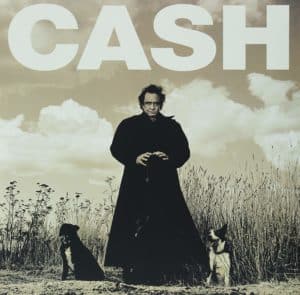
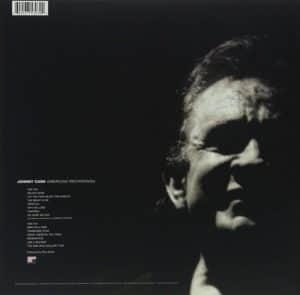
 4
4
